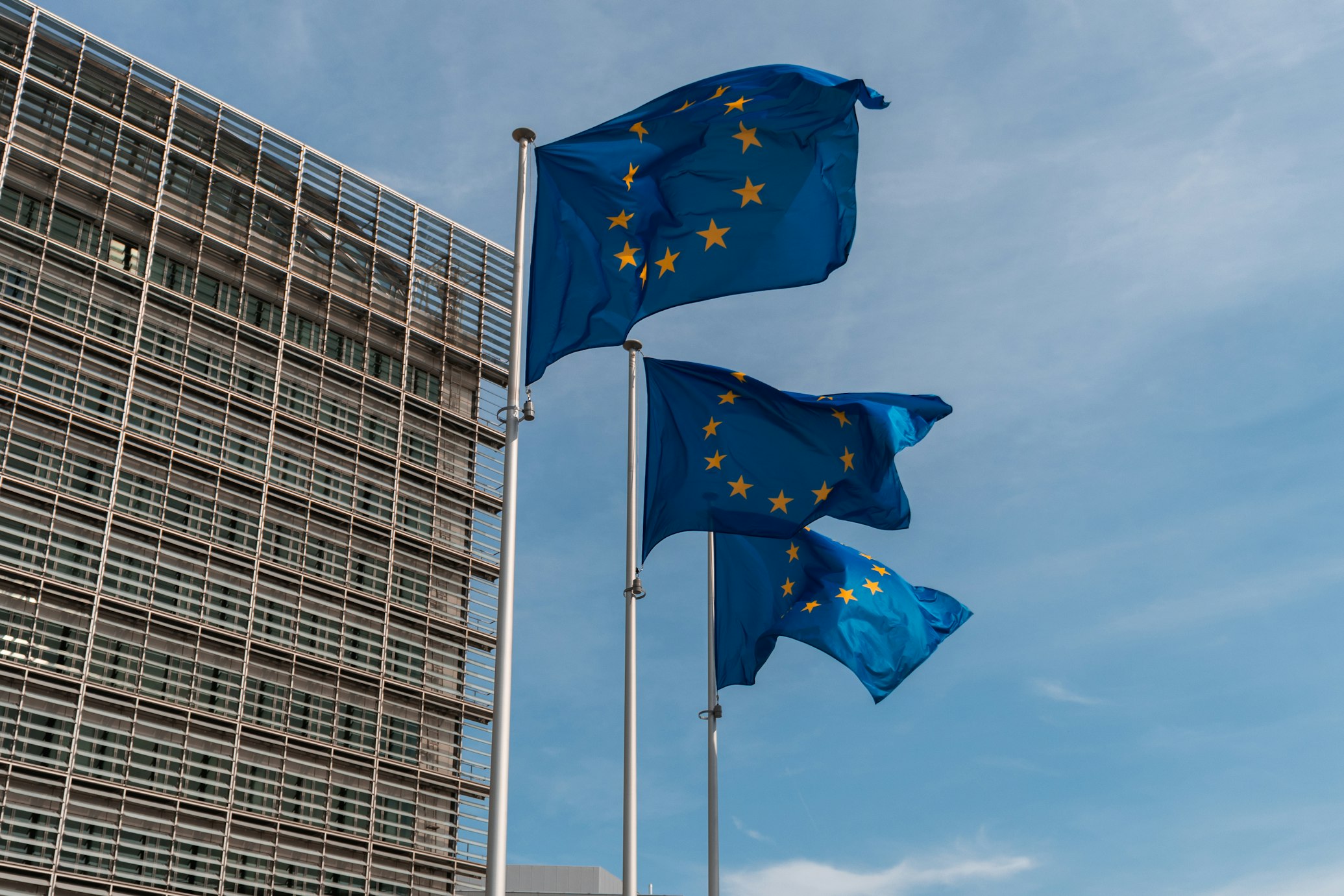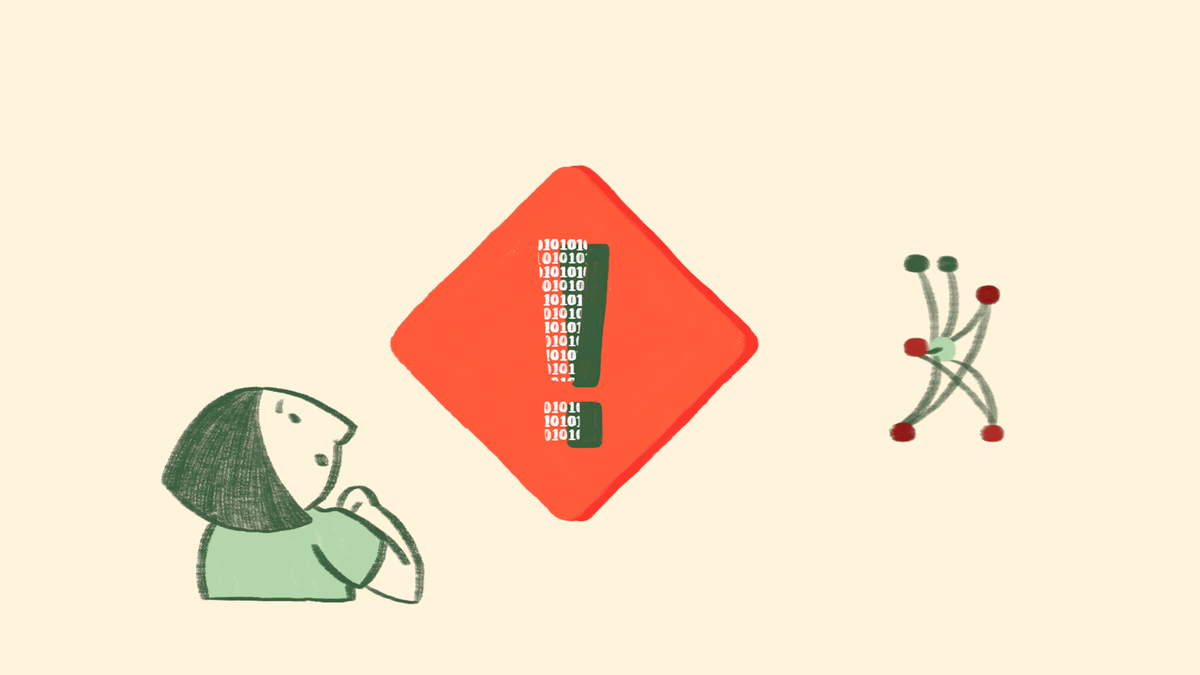Europe is revamping internet regulation as we know it, with ambitious (if, in some areas, dangerously vague) new rights acts Digital Markets Act (DMA) and Digital Services Act (DSA). But will the EU be able to properly enforce these new laws, or will big tech platforms find ways to sidestep the new rules?
As the New York Times points out (possibly behind a paywall), these regulatory initiatives are the world’s most ambitious in what used to be a traditionally largely self-regulated field, but there’s a gap between the regulation’s ambitions on paper and Europe’s track record of enforcing regulation.
In other words: Are DSA and DMA going to be paper tigers?
It looks like the European Union learned from last time and is consolidating enforcement in Brussels, at the center of power, rather than at the national level:
Backers of the new laws said they had learned from past mistakes. While enforcement of G.D.P.R. was left to regulators in individual countries — which many felt were overmatched by multinational corporations with seemingly bottomless legal budgets — the new laws will largely be enforced out of Brussels by the European Commission, a major shift in approach.
However, effective enforcement might need vastly more resources than are currently planned:
An estimated 230 new workers will be hired to enforce the new laws, a figure that critics said was insufficient when compared with the resources available to Meta, Google and others. The staffing figures “are totally inadequate to face gigantic firms and new gigantic tasks,” said Tommaso Valletti, a former top economist for the European Commission, who worked on antitrust cases against Google and other tech platforms.
Historically, the Big Tech companies have done everything they could to skirt regulation, and to consolidate power. This has come at the expense of users, data protection, and competition. That’s why today, we see a highly centralized internet instead of a healthy web ecosystem.
Maybe, just maybe, the EU can assert itself and a new set of rules that can allow some rewilding of the internet.


